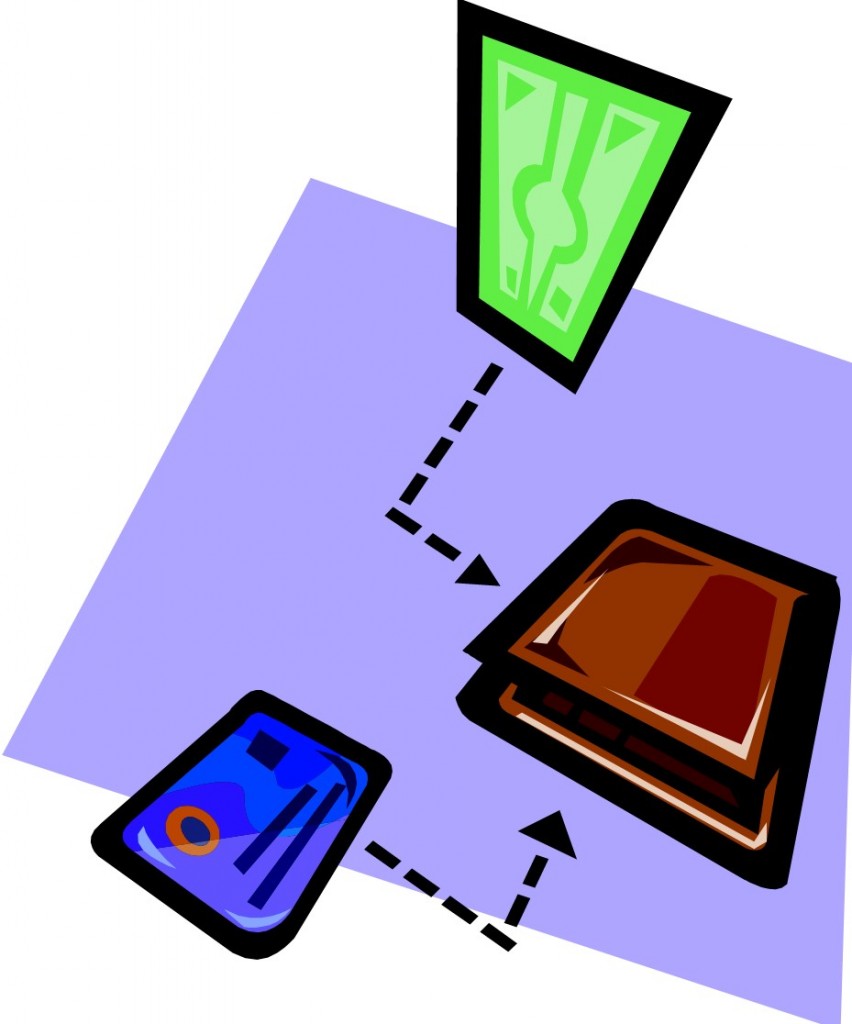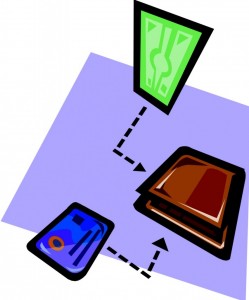tmount
Administrator



Note: I am not a tax professional.
I was recently reading a post on the Tax Implications of Reselling and MS by Noah at Money Metagame, and at first, felt the need to comment, but as I found myself writing…and writing….and writing, I figured it may be better to just write a post.
Let’s take down the easy answer first:
Miles and Points
Generally speaking, miles and points as earned by travel (yes, open ended term), are generally viewed as “Rebates,” and are not in fact taxable. I agree with Noah, this is a gray area, however, I look to people smarter than me, to try to do some interpretation. In this case, to Gary Leff who writes View from the Wing, who has written a fair amount about the taxation of miles. However, there is a caveat, as noted in the second link, and if I may remind you of Citibank sending out 1099-MISC forms for those who received bonus miles or points for opening up a Citibank Checking Account. Now, based on my research, it seems like you can avoid being taxed on the Citibank Checking Account Bonus by not redeeming the Thank You Points (for example), in the same calendar year as they are earned, but, I haven’t tried that myself.
Cashback
This is where my opinion diverges greatly from Noah. For example, in his examples toward the end of the post, he cites:
Second example: I use a credit card that earns 6% cash back at a grocery store to buy a $500 Visa gift card. The cost is $505.95 because of fees and the credit card earnings will be $30.36 in cash back. For simplicity, let’s say we deposit the $500 directly into a checking account. The profit calculation for this example is sell price ($500) minus buy price ($505.95 minus the $30.36 “rebate” or $475.59) for a profit of $24.41. As far as the IRS is concerned, you made $24.41 in earned income on this particular transaction and are obligated to report it as miscellaneous income and pay taxes on it. – Money Metagame – Emphasis mine.
I believe this is factually wrong, based on a ruling I was able to dig-up from the IRS. The document really speaks to whether a taxpayer can direct cashback to charity and take a deduction. That said, the document states the following as fact:
Taxpayers are individuals who will acquire credit cards issued by a bank through an arrangement promoted by Company. Taxpayers will make purchases with the credit cards and, as a result of those purchases, will be entitled to receive rebates. The rebates are based on a percentage of Taxpayers’ credit card purchases (usually 1%) and reduced by fees charged by Company (e.g., administrative and marketing). The percentage of Taxpayers’ credit card purchases, less fees, equals the amount of the rebate to which Taxpayers are entitled ($X). – Emphasis Mine.
It goes on to offer the Law and Analysis:
Section 61 provides that gross income means all income from whatever source derived. A rebate received by a buyer from the party to whom the buyer directly or indirectly paid the purchase price for an item is an adjustment in purchase price, not an accession to wealth, and is not includible in the buyer’s gross income. See Rev. Rul. 76-96, 1976-1 C.B. 23, as modified by Rev. Rul. 2005-28, 2005-1 C.B. 997. – Emphasis Mine.
The conclusions reached are:
(1) The portion of the credit card purchases that Taxpayers can either receive back in cash or request Company to pay to a charity does not constitute gross income to Taxpayers under § 61. – Emphasis Mine.
Again, I’m not a tax professional, nor an accountant, but as I read this ruling, it seems to me that cashback is in fact viewed as a “Rebate” and not as earned income. I guess it brings me back to that old saying, the only guaranteed things in life are death and taxes.
What is your read? Do you report your miles, points, and cashback on your taxes?
Continue reading...
